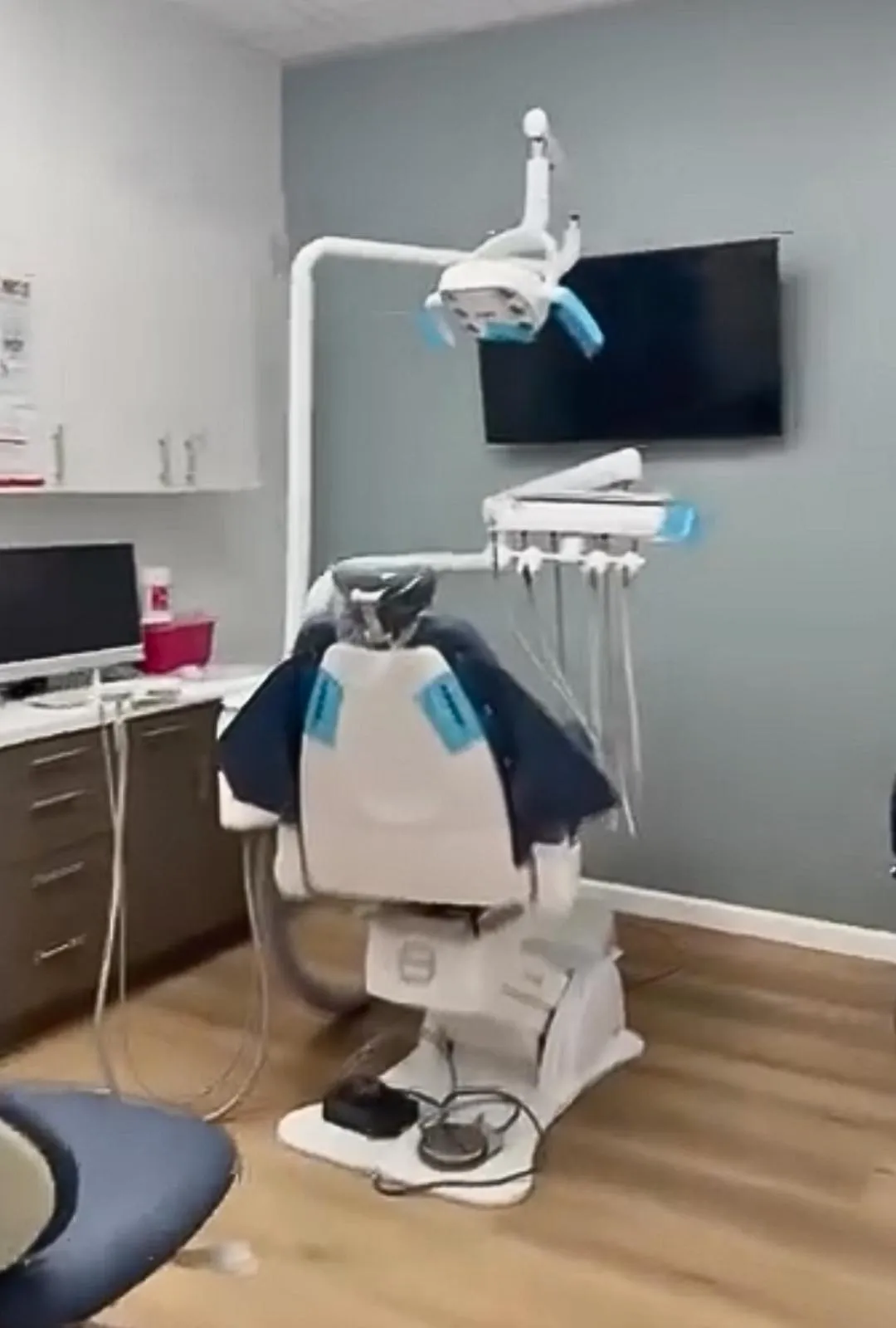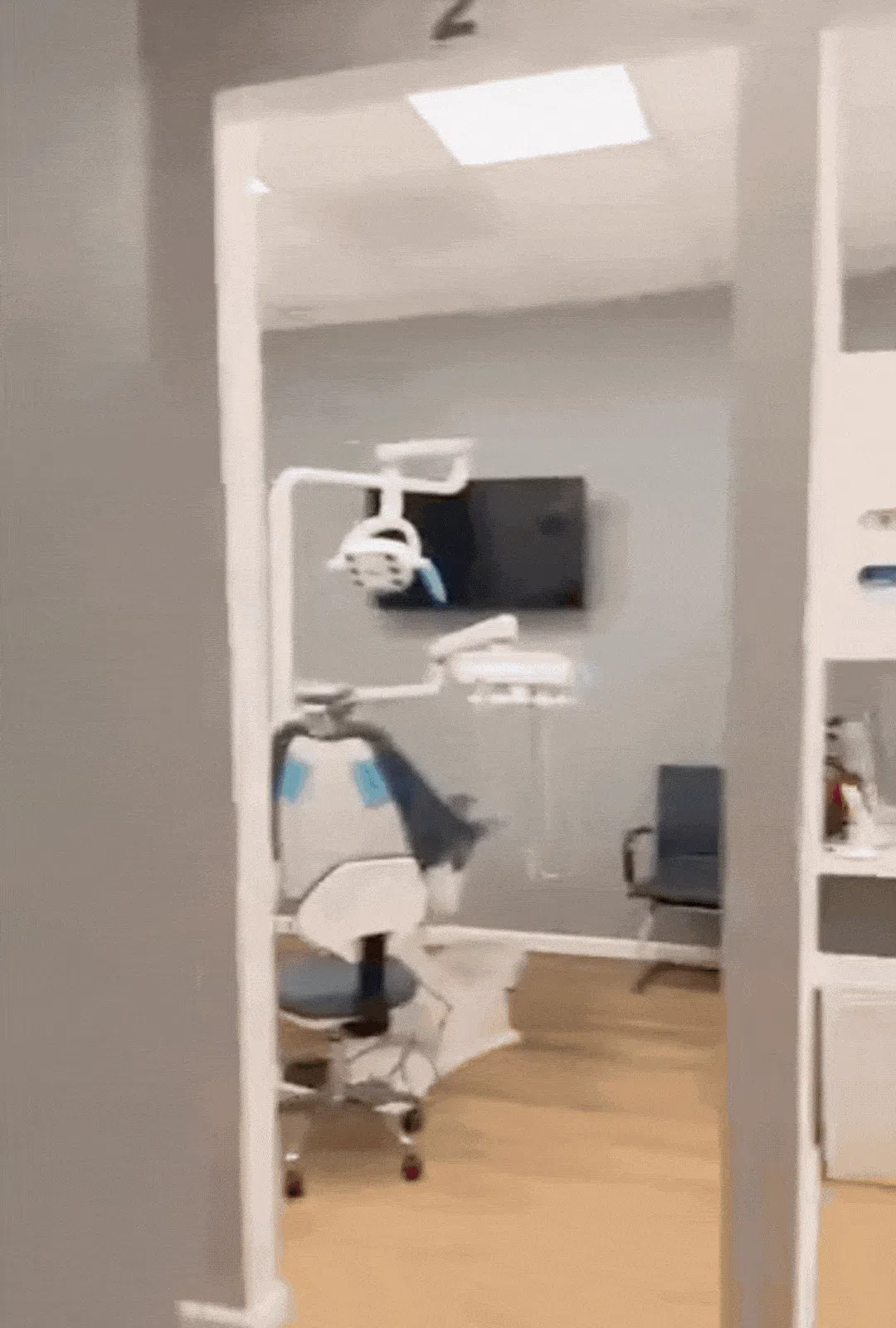
Dental Medications: What You Need to Know Before and After Treatment
Dental Medications: What You Need to Know Before and After Treatment
Table of Contents
Why Medications May Be Prescribed in Dentistry
Always Share Your Complete Medical History
Some dental procedures—such as tooth extractions, oral surgery, or treatment for infections—may require medication to support healing and comfort. These medications are prescribed to prevent infection, control pain, or reduce inflammation.
Understanding how and when medications are used in dentistry can help ensure your safety and improve your recovery.
Why Medications May Be Prescribed in Dentistry
Dental medications may be recommended for the following reasons:
To prevent or treat infections after oral surgery or extractions
To manage pain or swelling
To reduce anxiety or discomfort before a complex procedure
Common medications include:
Antibiotics (e.g., amoxicillin, clindamycin)
Pain relievers (e.g., ibuprofen, acetaminophen, or prescribed narcotics)
Anti-inflammatory drugs
Sedatives or anxiolytics for procedural anxiety
Always Share Your Complete Medical History
Before prescribing any medication, your dentist must know:
All prescription and over-the-counter medications you’re currently taking
Any chronic conditions (e.g., diabetes, heart disease)
Any history of allergic reactions to medications
Supplements or herbal products you regularly use
This helps prevent dangerous drug interactions or allergic responses. For example, certain antibiotics may interfere with blood thinners, or a pain medication may intensify the side effects of another drug you’re taking.
Tip: Bring a current list of your medications to every dental appointment.
Follow Medication Instructions Carefully
If you’re prescribed medication after a dental procedure:
Take the medication exactly as directed
Finish the full course of antibiotics, even if you feel better
Do not skip doses or double up if you miss one
Call the office immediately if you experience any unusual side effects
Your dentist or pharmacist can explain how to take each medication safely, including whether to take it with food or avoid certain substances (like alcohol).
Why Compliance Matters
Stopping medication too soon or misusing it can:
Lead to a return of infection
Cause unnecessary pain or swelling
Reduce the effectiveness of treatment
Contribute to antibiotic resistance
Need help managing your dental medications? Contact our office with any questions about prescriptions, side effects, or possible drug interactions. Your safety is our top priority.









